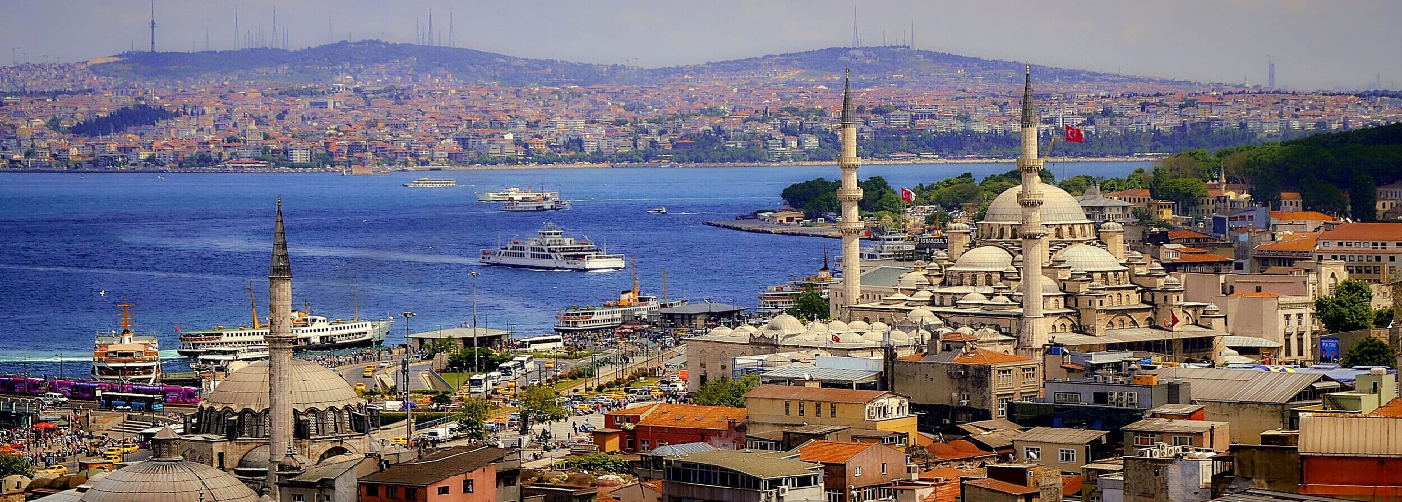- High-Quality Education: Turkey is home to many reputable universities that offer high-quality education with degrees recognized worldwide. Many universities are ranked among the top in the world, especially in engineering, architecture, and social sciences.
- Affordable Tuition Fees & Living Costs: Compared to other European and North American countries, the cost of studying and living in Turkey is much more affordable. Tuition fees are reasonable, and living expenses are also quite affordable.
- Cultural and Historical Significance: Turkey’s rich history and cultural diversity make it a fascinating place to study. Students can experience the mix of ancient and modern cultures, world-renowned historical sites, and vibrant city life.
- English-Taught Programs: Many universities in Turkey offer a wide range of undergraduate and postgraduate programs in English, making it easier for international students to adapt to the academic environment.
- Work Opportunities: International students in Turkey can work part-time during their studies, which helps them support themselves financially while gaining valuable work experience.
| Scholarships for International Students |
- Turkish Government Scholarships: The Turkish government offers a range of scholarships for international students, covering tuition fees, accommodation, and a monthly stipend. These scholarships are available for undergraduate, master’s, and Ph.D. programs.
- University-Specific Scholarships: Many Turkish universities offer scholarships for international students based on academic merit or financial need.
- Erasmus+ Scholarships: Turkish students can apply for Erasmus+ programs, which offer scholarships for students studying abroad in EU countries, and vice versa.
| Work Opportunities for International Students |
- EU/EEA Students: Can work part-time during their studies without any restrictions.
- Non-EU Students: International students can work part-time (up to 24 hours per week during the semester and full-time during breaks) with a work permit.
- Hourly Wage: Minimum wage in Turkey is around €3 – €5 per hour, depending on the job.
- Jobs are available in retail, hospitality, tutoring, or administrative work at universities.
- Post-Study Work Visa: Turkey does not have a specific post-study work visa program. However, international students who graduate from a Turkish university can apply for a work permit if they find employment in Turkey.
- Job Market: Turkey’s job market is growing, particularly in sectors like technology, business, engineering, and healthcare. Graduates from Turkish universities often find work with multinational companies or startups.
|
- Engineering (Electrical, Civil, Mechanical, Computer Science, etc.)
- Business & Management (MBA, International Business, Marketing)
- Medicine & Health Sciences
- Architecture & Design
- Social Sciences & International Relations
- Arts & Humanities
- Law & Political Science
- Tourism & Hospitality Management
- Agriculture & Environmental Sciences
| Cost of Studying in Turkey |
-
Tuition Fees:
- Bachelor’s Degree: €1,000 – €5,000 per year for non-EU students, depending on the university and program.
- Master’s Degree: €1,500 – €8,000 per year for non-EU students.
- Ph.D. Programs: €2,000 – €8,000 per year. Note: Tuition fees for Turkish students are generally lower than for international students, but they are still relatively affordable compared to European and U.S. universities.
-
Living Expenses:
- Accommodation: €150 – €400 per month, depending on the city and type of accommodation (university dorms or private rentals).
- Food & Transport: €150 – €250 per month.
- Health Insurance: €100 – €300 per year.
- Total Monthly Cost: €400 – €800 per month, depending on lifestyle and location.
-
EU/EEA Students: Students from the EU/EEA do not need a student visa to study in Turkey, but they may need to register with the local authorities upon arrival.
-
Non-EU Students: International students from outside the EU/EEA must apply for a student visa to study in Turkey. The required documents typically include:
- An acceptance letter from a Turkish university.
- Proof of sufficient funds to support yourself during your stay.
- Health insurance.
- Visa fee (around €30 – €60).
Visa Processing Time: Approximately 2 – 4 weeks.
| Pathway to Permanent Residency |
- Temporary Residency: Students who have completed their studies in Turkey can apply for a temporary residence permit if they find employment.
- Permanent Residency (PR): After living in Turkey for several years and obtaining a work permit, you may be eligible to apply for permanent residency.
- Citizenship: After living in Turkey for 5 years, you may be eligible for citizenship, provided you meet the necessary requirements.
|








